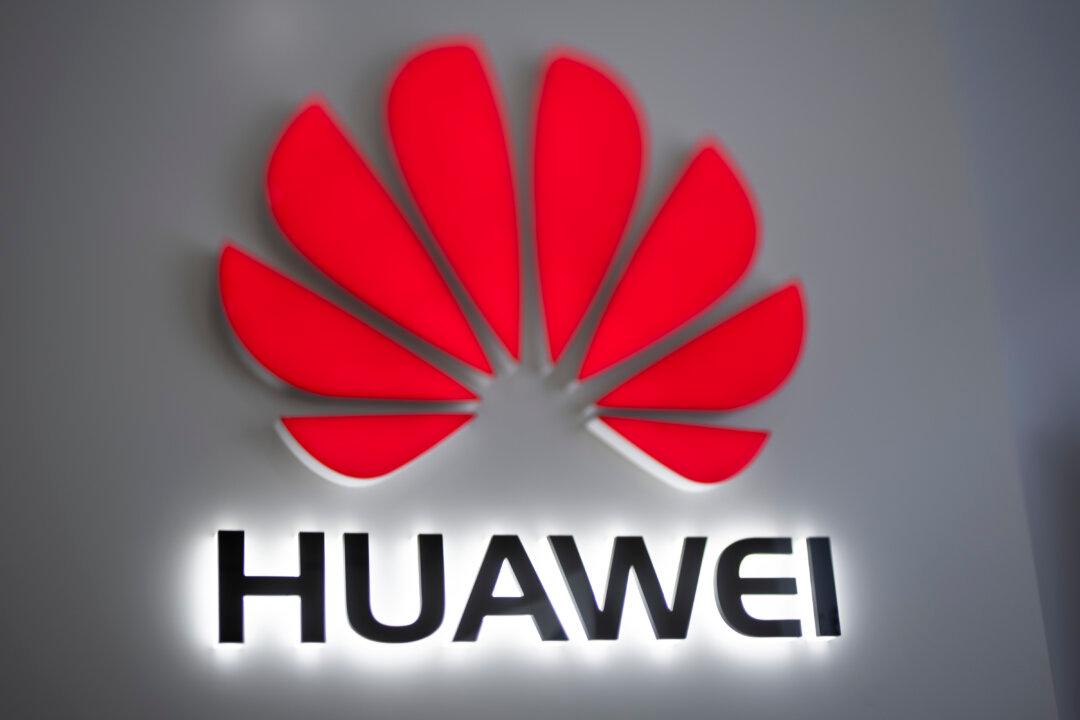With the highly publicized arrest of its executive Meng Wanzhou in Canada, Chinese telecom giant Huawei—which has been a source of concern in the intelligence community for its close ties to Beijing—has been pushed into deeper turmoil.
Australia recently banned Huawei from participating in its 5G network, but some are arguing that the country needs to fundamentally review its China policy.





